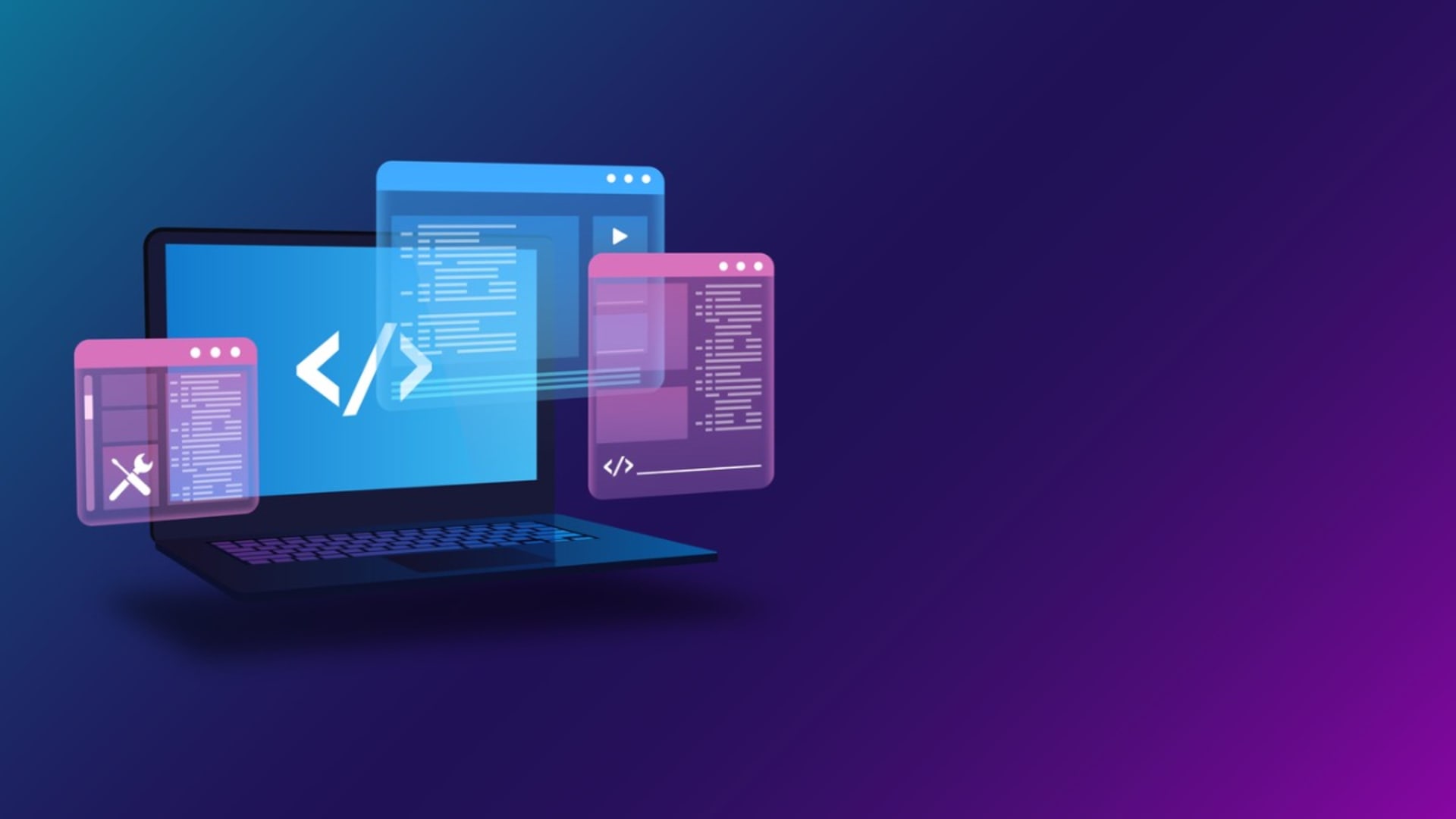Many developers and laypeople alike are familiar with the coding languages C and C++. Even the relative newcomer C# — pronounced “C sharp” — has become somewhat of a household name. C, the first of the so-called “C family” of programming languages, is one of the older languages, developed by Dennis Ritchie at Bell Laboratories in 1972 and released in 1978. C++ followed in the next decade, and C# didn’t emerge until the 21st century.
Despite their membership in this family of languages and some marked similarities, C, C++, and C# also have several key differences. What are these languages? How do they compare?
BairesDev’s talented team of top developers and engineers has experience working with all 3 of these popular languages, and we can help you find the right one for your project or team. Curious about the qualities and background of each of them? Here’s a rundown of C, C++, and C#.
The C Languages
C
C is one of the oldest programming languages still in use today, and it remains a popular tool for development. Originally created to build Unix, it continues to be a foundational language for operating-system development. The procedural language is simple, highly efficient, portable, flexible, and easy to use.
It’s used for many different complex and simple projects, including:
- IoT applications
- Databases and browsers
- Applications for both desktop and mobile
- Operating systems and programs
- Graphics
- Games
The low-level, non-object-oriented programming language can be used across operating systems. It comes with a huge set of libraries, along with built-in operators. It’s also worth noting that one of C’s strongest features is its security.
Objective-C
Objective-C is essentially a variation of C, which is why it doesn’t precisely deserve it’s own heading on this list. Developed around a decade after the original C, it adds syntax — Smalltalk-like messaging — to make it an object-oriented language. This language is used for iOS and macOS operating systems, along with the frameworks Cocoa and Cocoa Touch.
C++
C++ came about as an extension of C. Initially, the goal was to add object-oriented capabilities to the C language to make it more advanced, all while preserving the fast speed, compared to rust, and other of its beneficial qualities. Like C, C++ has become extraordinarily popular as a development tool.
Because C++ was created as an extension of C, it can run the vast majority of code created with it. Along with many of the same applications as C, it can be used in other instances, such as for PC software development.
Now considered an intermediate-level programming language, C++ carries over many of the characteristics and qualities of its parent language, especially its focus on efficiency. It’s platform-independent and simple, to name some of its benefits. It also has additional qualities, including supporting polymorphism.
C#
The newest member of the C family, C# is a modern, general-purpose language that carries over a number of qualities of both C and C++. Like C++, it’s object-oriented. The modern, high-performance language runs on the Microsoft .NET framework and isn’t typically used outside of Windows platforms. The language compiles into bytecode, making it efficient and quickly translated, and has a straightforward syntax.
Other features and qualities of C# include garbage collection — also known as automatic memory management — bound checking, type safety, language interoperability, less error-prone syntax, and more.
C# Development Services are used for a number of purposes, such as enterprise applications and web-based applications. It’s also well known as a top language for game development.
Which Language Is Right for You?
So, how do you decide which language is the right one for your project or your team? C, C++, and C# all offer a number of qualities, but they have striking differences. They are each best suited to variable purposes, too, and the language you select depends on your unique goals for your project or organization.
Choose C if…
- You’re new to programming
- You need a widely applicable language
- Security is a priority for you
C is a foundational language for learning other languages both in and outside the C family. It’s relatively simple and easy to learn, and it will help you understand and program with other languages — including C++ and C# — after you’ve mastered the basics. It’s also considered a highly secure language, so it can be ideal for projects that demand security — which is probably the vast majority of them.
Choose C# if…
- You’re focusing on programming in a Windows environment
- Your project is web based
- You want to learn about and leverage .NET
- You’re interested in game development
- You have a fair amount of programming experience
C# arguably has the least in common with its fellow C languages. While not as widely used, it’s gaining popularity and has a number of applications. It’s a great choice for experienced developers, although the syntax is very straightforward and easy to read and manage.
When it comes to development, there are plenty of choices of languages to use. C, C++, and C# all offer a number of qualities.
Looking for a development team with expertise in the C family? BairesDev has experience leveraging these and other languages for project success. Contact us to learn more about how we can work with you on your next development projects.






